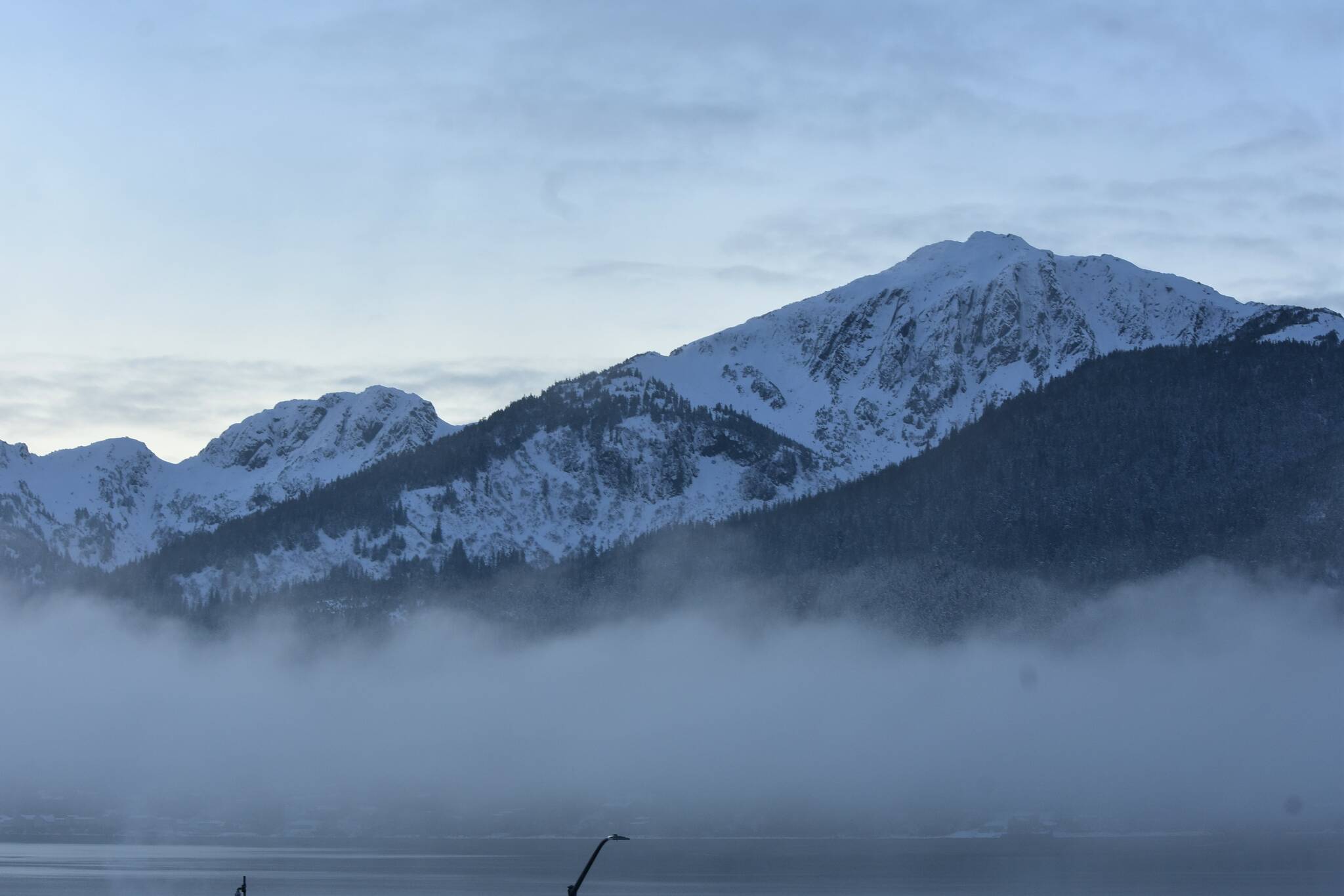By Dan Blanchard, Marsh Skeele, Dustin and Katie Craney, Mike and Sally Trotter, Eric Grundberg and Malena Marvin
Southeast Alaska is a vibrant place — culturally, ecologically, and economically. The Tlingit, Haida and Tsimshian people have been stewards of this incredible place since time immemorial — a place where we work and call home. Ensuring a bright future for Southeast today requires us, and all who depend on the region, to do our part to support healthy waters, forests, economies and communities.
One thing that makes Southeast special is how our economy is built on the health and productivity of the surrounding Tongass National Forest and other lands. Approximately 25% of our jobs come from the tourism and seafood industries that depend on Southeast Alaska forests and rivers.
In July, the United States Department of Agriculture issued a directive to reinstate the Roadless Rule in Alaska, to put an end to large-scale, old-growth logging in the Tongass, to refocus on projects promoting restoration, recreation, and resiliency, to make new investments in local communities and sustainability, and to include communities and Tribal leadership in future forest management decisions.
Our businesses and others like us have enthusiastically endorsed this decision as a major move in the right direction for Southeast. As tourism and seafood industry leaders, we want to conserve the Tongass not only for ecological reasons, but also because we depend on the staggering beauty and productivity of the region’s land and waters to operate our businesses. Sustainable fisheries and tourism in Southeast will not be possible unless we protect this habitat and address climate change. The USDA’s new directive is a critical step.
Nearly 1 million people travel through the area each year, and approximately 70,000 people are already here — living, recreating and earning a living in 32 communities in and around the Tongass. The tourism and seafood industries are the two top private-sector economies for Southeast communities. The regional seafood industry supports 8% of the jobs in the region and 10% of all earnings while the visitor industry contributes approximately 18% of the jobs and 12% of earnings. Seven of the top 100 fishing ports by value in the nation are located in Southeast Alaska.
Because Southeast’s economy — not to mention our own businesses — relies on the health of the Tongass, we are on the frontlines of results from poor land management decisions and climate change. The last five years rank as the five hottest on record for the planet based on a study from the National Oceanic and Atmospheric Administration. Our ocean and rivers are changing because of the impacts of climate change. Warming ocean temperatures and departures from coastal currents affect the marine environment and the fisheries they support by changing accessible fishing grounds and increasing uncertainty around harvest in the commercial fishing sector. Snowpack and glacial-fed rivers are becoming dependent on rainfall since climate change is affecting the summer stream flows and increasing stream temperatures, threatening salmon habitats. Since old-growth and mature trees in this forest store more carbon than any other contiguous forest ecosystem in the United States, the need to protect the Tongass is quickly becoming a global priority.
Now is the time to chart a new course for Southeast’s future and the USDA directive will help take us there. The new direction helps pave the way for a future where the imperative to address climate change, to protect and restore ecological integrity, and to grow our economy and strengthen communities are compatible and not at odds.
We’re enthusiastic about this new direction and ready to do our part to grow businesses that are part of a sustainable economy and future in Southeast.
• Dan Blanchard, CEO, captain, Uncruise (Juneau); Marsh Skeele, vice president, fisherman, Sitka Salmon Shares (Sitka,); Dustin and Katie Craney, owners, Sockeye Cycle Co. (Haines and Skagway); Mike and Sally Trotter, owners, Branof Wilderness Lodge and Beyond Boundaries Expeditions (Sitka);Eric Grundberg and Malena Marvin, Schoolhouse Fish Co. (Petersburg).

